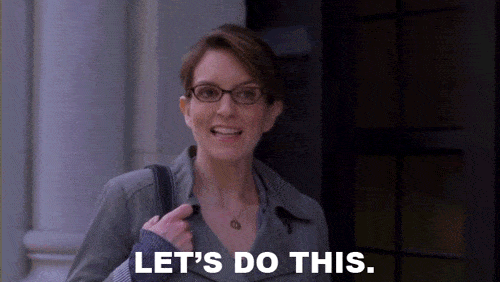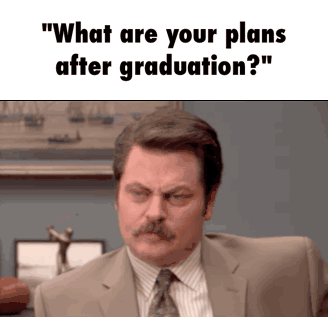Going to do co-op interviews with students as a developer can be a great experience. It gives direct insight into how well the co-op knows tech and it lets engineering sell itself to the student.
Question – Should an engineer bring in a list of technical questions?

Like most questions, it depends. Different tools will certainly give different results.
Quite often I see engineering leaning to the technical side. Write up a challenge, give them a piece of paper in the interview, then see if they can figure out the answer in the allotted time. There’s all sorts of resources if you’re trying to figure out what to test with.
My goal is to due away with these technical questions, and to use behavioral questions that encourage the student to talk to their technical experience. Hopefully creating a less intimidating experience that doesn’t make the candidate feel put on the spot.
Interviews with students present different challenges from a standard engineering interview; often a lack of experience makes students nervous and the interview can quickly becomes a stale questionnaire with quick short-worded answers or long-winded essays. Proceed with caution!

The interviews that I’ve had were mostly with students with 2-4 previous co-op placements and we spent about half the interview time (15-20 minutes) talking about their experiences at these placements.
After a quick introduction the first step is to ask the student to talk about themselves (elevator pitch), and then having them jump straight into their previous work terms.
What did you accomplish at this placement?
A nice open-ended question that asks the co-op to dig deeper into the work they did at each placement. Having a student first talk about themselves, and then their experiences working also has a hidden side effect. It gets them talking about what they know, hopefully calming any nerves and kicking off the interview with high energy.
What did your team look like?
Understanding the team size, and the dynamics from the individual roles helps draw a clearer picture. And asking this question gives the co-op a pathway to talk about the work that they specifically did in more of a team setting. This helped give a relative size to the work that they first mentioned. It also shows their understanding of business processes, and might highlight what they are/aren’t looking for in their next co-op.
But do they understand programming?
Initially I had written up a few technical questions (asking candidates to whiteboard FizzBuzz) to better understand if the student had a stable of enough understanding of a tech stack. In practice, what I found was that the standout students who did well didn’t need these questions. Asking behavioral type questions allowed the candidate to talk to their skills without putting them on the spot.

Can you talk about an interesting challenge you had in your most recent placement and how you went about solving it?
The trend was that inexperienced candidates would focus on a very specific example, while the promising ones first gave a general overview of the system not going to deep and instead talked to the challenge as a whole. Soon we were having a full conversations about all sorts of engaging details about their projects.
Focusing on:
- Talking about the initial ask, what and why?
- The steps the team took (processes)
- How it was broken out (specific work they did)
- Challenges on the way
- Any unsuspecting roadblocks
Not all interviewees will start this way, but with some nudging they can be led to water. This method isn’t a catch all but I’ve found it to be an effective tool in learning the real level of experience that has come from previous workplaces.
e.g. By the time Dave talked about how he and his team setup an API service and listed a few issues they faced and resolved I didn’t want to waste his time asking how bubble sort worked. I wanted to make sure he was as excited to start the co-op as I was
Move in for the Sell
Hopefully by now the student has drawn enough of a picture of themselves that you can confidently make a decision if you think they’re a great candidate, but interviews should always be thought of as both sides trying to see if there’s a fit.
- What is the student looking to learn in their next placement?
- How confident are you that they can get the resources needed to do so?
- Talk about the culture of the company, atmosphere, benefits of working there
- How will their term be evaluated?
- How many co-ops have come back for full-time employment?

Developer to developer
As a developer this is your time to shine, most co-ops are looking to build out their breadth of knowledge and you can take this opportunity to talk about the cool technical challenges you’ve faced
- What does the tech-stack look like? (Get them excited!)
- What are some problems that you’ve seen previous co-ops overcome?
- What do you enjoy most about working there as a developer?
- List any opportunities for growth that you’ve seen.
Finishing on a question
The rule I follow is to always finish interviews with a question like:
Is there anything I failed to ask or you’d like to mention that would help give me a better idea of who you are as a candidate?
This lets them talk about anything they may have prepared, or just didn’t get to during the interview.
Presenting a technical challenge during an interview with a co-op is a viable path to finding out how good the candidate is at solving those types of problems. Bypassing these questions and having an in-depth conversation about their previous experience can also yield the same type of information in a potentially less stressful environment for the candidate.